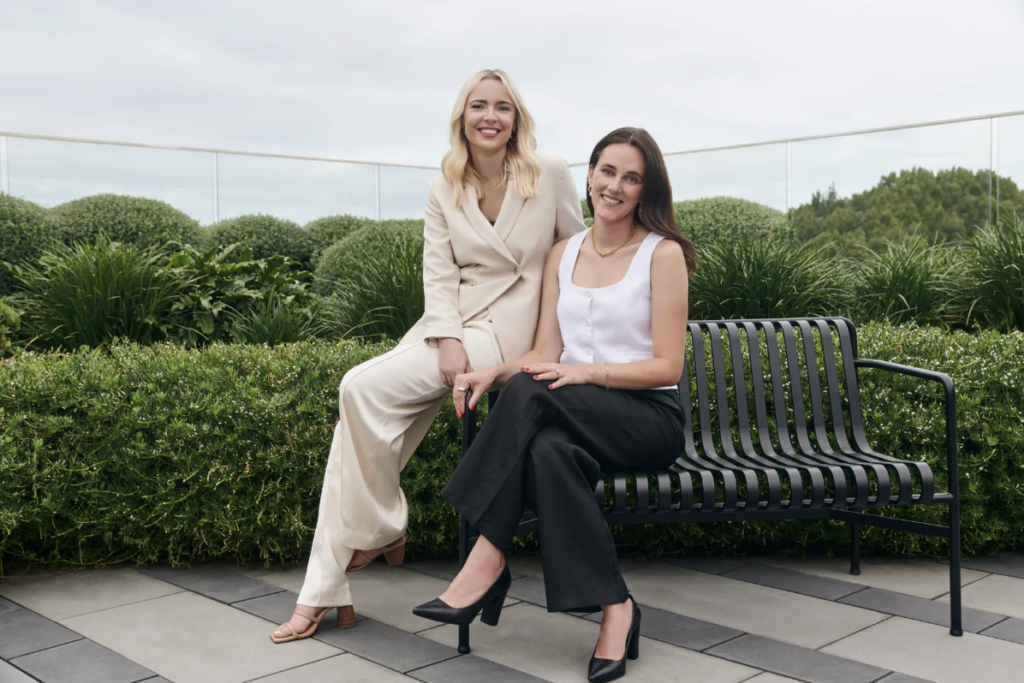
Digital health platform Human Health has secured $8.5 million in funding to support international expansion and develop new research capabilities. The round included new investors LocalGlobe, Airtree, Skip Capital, Aliavia and Scale Investors.
The company, co-founded in 2021 by former Canva product leaders Georgia Vidler and Kate Lambridis, previously raised $10.15 million in a 2022 seed round. Human Health has attracted more than 200,000 users worldwide who have logged 20 million health actions on the platform, with current daily usage exceeding 40,000 health actions.
The platform allows users to track symptoms, treatments and health outcomes for chronic conditions. Users can share their health records with physicians and receive personalized insights based on their data. With patient consent, anonymized user data can contribute to medical research.
“Right now, too many people are left in limbo; stuck on waiting lists, repeating their stories to different doctors, and trying to make sense of complex conditions without the right tools,” co-founder Lambridis said in an interview with Forbes Australia. “Human Health is designed to change that.”
The new funding will support product development in women’s health, respiratory conditions, pain management and autoimmune diseases. The company is also developing Human Evidence, a platform designed to enable researchers to access real-world patient data.
The target market for chronic illness management platforms is substantial. In the United States, approximately 75% of adults live with at least one chronic condition, while more than 50% of Australians manage a long-term illness and nearly half of adults in the United Kingdom report persistent health issues.
“We need to empower individuals to make sense of their own health data in order to enable truly personalised care,” Julia Hawkins, general partner at LocalGlobe, said in the Forbes Australia interview. “We’re thrilled to partner with Human Health to build the data infrastructure that will power this generational shift in healthcare.”



